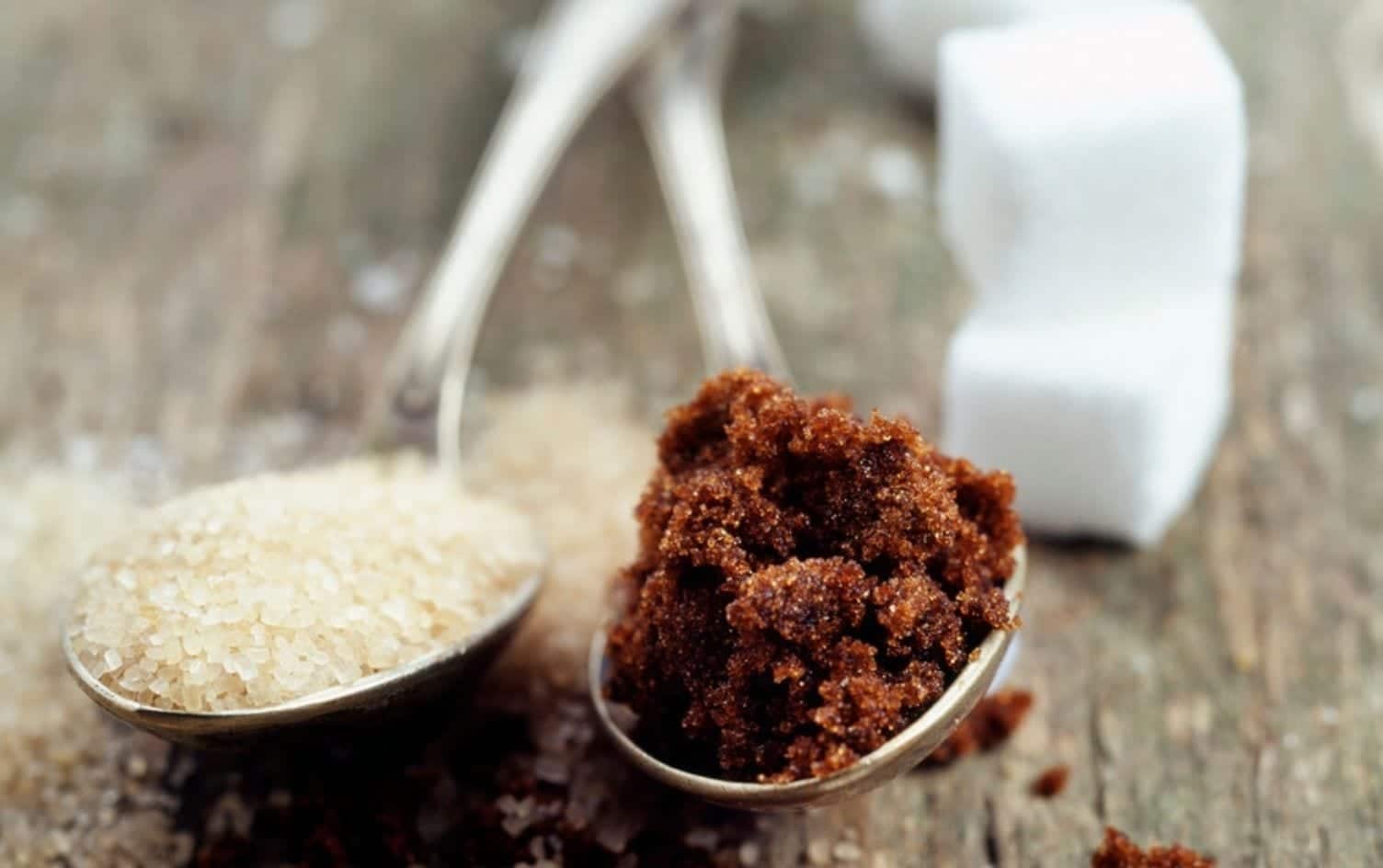The latest rendition of the Dietary Guidelines for Americans are out, and for the first time ever it is recommended that sugar be limited to no more than 10% of total daily calories. This is a great start in recognizing that too much sugar in the diet can cause your body harm.
The average American consumes about 22 teaspoons of sugar per day, and global sugar consumption has grown from 130 to 178 million tons over the last decade. To meet the new intake goal, most people will need to cut their daily sugar consumption in half.
Let’s look at what that means: If you need an average of 2,000 calories per day, your daily sugar quota will be no more than 12 teaspoons. That’s the equivalent of just one 20-ounce soda per day! Even more, a diet high in added sugar (but not so much the natural kind found in fruit and milk) increases your risk for heart disease and can lead to obesity, cancer and Type 2 diabetes.
One problem with eating too much added sugar is the way your body processes it. Sugar is a simple carbohydrate that is easy for your body to break down into glucose. When glucose passes into the bloodstream, your blood sugar rises quickly. To bring levels back to normal, the pancreas releases the hormone insulin, which lowers blood-sugar levels by shuttling glucose out of the bloodstream and into the body’s cells. Similar to a car using up its gas, if your body’s energy needs are high, the sugar is put to good use by providing energy to your working cells. The problem occurs when you send sugar into your bloodstream too often and your body doesn’t need it. The extra sugar supply causes your pancreas to go into overdrive, releasing excessive amounts of insulin to compensate.
HOW EXCESS SUGAR AFFECTS WEIGHT LOSS
Excess insulin drives sugar into muscle, fat and liver cells, where it’s stored as glycogen (a sugar) for later use. Sadly, we have a limited capacity to store glycogen. When this capacity is breached, the excess sugar is converted to fat for storage. Our fat cells are capable of creating chemical signals that lead to chronic inflammation, especially when you eat too many calories and too much sugar. Chronic inflammation in the body is detrimental because it’s a key indicator of heart disease among other chronic health conditions.
Another problem with sugar is that eating it tends to make you crave it later. The link between excess sugar intake and sugar cravings is real. Sugar activates reward centers in your brain. As your intake increases, so does the release of serotonin and endorphins, powerful brain chemicals that make you feel calm, relaxed and happy. On top of that, sugar tastes good! Once you get used to eating highly sweetened foods, your taste buds adjust, and that’s what you want. Genetics are also a factor. Some people are genetically wired to enjoy sugar at a greater level than others. Over time, this excess intake can lead to added calories and weight gain.
Another reason for sugar cravings may be in our gut. Our gut flora, or microbiome, is the diverse community of bacteria, fungi and viruses that live inside our intestines. These gut microbes are essential to our digestive health. Refined carbohydrates and sugar feed the unhealthy bacteria in our gut and disrupt the balance between good and bad bacteria. Recent research indicates the composition of our gut flora may actually influence how much sugar we crave and how we balance our blood sugar. The more unhealthy bacteria that exist, the more you may crave the sugar they need to multiply. This imbalance may make it difficult to lose weight, cause unwanted weight gain and create other digestive issues like bloating, gas, diarrhea and constipation.
And finally, we have to look at the types of foods that contain large amounts of added sugar. Let’s face it, excess sugar doesn’t show up in healthy food. If you’re eating a diet high in fresh foods, lean protein and healthy fats, there’s not a whole lot of room left for sugar and highly processed foods. Subsequently, it’s less likely that you’ll pack on the pounds.
THE BOTTOM LINE
It’s important to create a sugar strategy when trying to lose weight. Sugar can be a part of a healthy lifestyle, but it’s not an everyday food. I suggest consuming foods that are naturally sweet (like fruit) to get your sweet fix. It’s also important to understand your relationship with sugar. If you’re trying to lose weight, a little sugar in your morning coffee or the occasional indulgence for a special occasion may be fine. However, if you find it difficult to stop eating once you start, and it becomes a large part of your everyday diet, it’s probably smart to steer clear.




